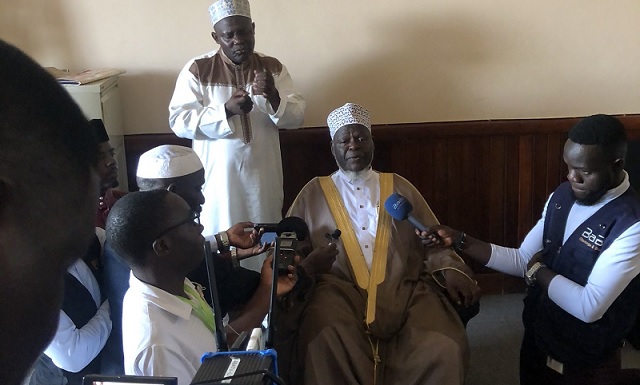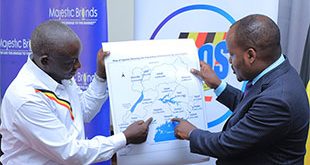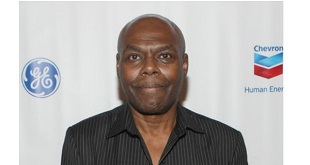
Kampala, Uganda | THE INDEPENDENT | The Uganda Muslim Supreme Council-UMSC has asked the Acting Principal Judge Alexandra Nkonge to overturn the decision made by Jinja High Court on December 12, 2023.
This decision sanctioned a special General Assembly that resulted in the appointment of Sheikh Abudallah Ssemambo as the acting Mufti, following the suspension of Sheikh Shaban Ramathan Mubaje as the Mufti of Uganda.
During the contested assembly, Sheikh Mubaje was directed to step aside for six months to facilitate investigations into the alleged mismanagement of Muslim affairs.
The High Court’s order, issued by Justice Farida Shamilah Bukirwa Ntambi, was a result of an application filed by Yudaya Babirye, Burhan Namanya, and Hussein Ssimbwa against the UMSC. Their petition highlighted concerns about the Council’s conduct, particularly the sale of Muslim properties in the country.
Discontent with this order, UMSC appealed to the Principal Judge to reconsider and set aside the decision. Represented by Kabega, Bogezi, and Bukenya Advocates, they argued that failure to review the decision would lead to irreparable losses, business disruptions, and potential breaches of peace, beyond any compensatory damages.
In an affidavit sworn by Haji Ali Aluma, the UMSC Deputy Secretary General, UMSC argues that Justice Bukirwa acted over and above her powers when she granted the applicants who are not enlisted members of the General Assembly powers to convene the special general assembly.
UMSC also contends that the said assembly violated the provisions of the UMSC constitution for convening such a meeting, which requires that members are given seven days notice detailing the agenda and purpose of the meeting.
UMSC also argues that the judge failed to give them a chance to appear and cross-examine the applicants and that the said resolutions resulting from the meeting were pay without the required quorum of the general assembly.
UMSC emphasized that suspending Mufti Mubaje and appointing Sheikh Ssemambo had caused anxiety and tension among the Muslim community, potentially leading to unrest. Additionally, they alleged that Babirye, Namanya, Ssimbwa, and their associates were planning an attack on the UMSC headquarters.
In response, Babirye, Namanya, and Ssimbwa, represented by lawyer Luyimbazi Nalukoola, urged the Acting Principal Judge to dismiss the application, asserting that the Court lacked the authority to review the decision.
Nalukoola stated that only the Judge who issued the decision could review it and argued that the events had rendered the orders obsolete, making them ineligible for review. Nkonge promised to deliver her ruling at a later date.
The crisis within UMSC arose from the sale of Sembabule Muslim land to businessman Justus Kyabahwa, which was not surrendered as agreed upon.
****
URN
 The Independent Uganda: You get the Truth we Pay the Price
The Independent Uganda: You get the Truth we Pay the Price



